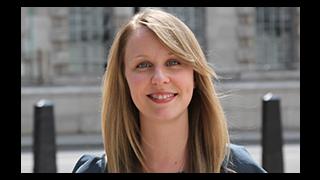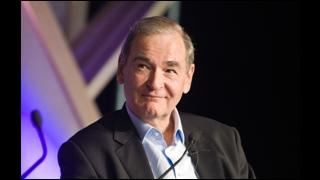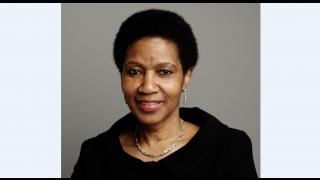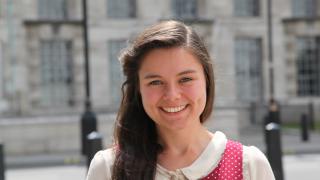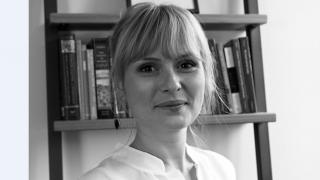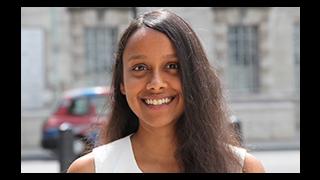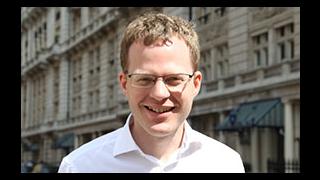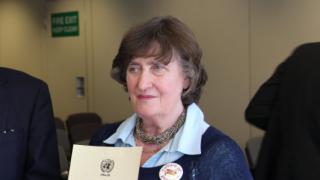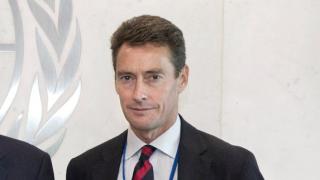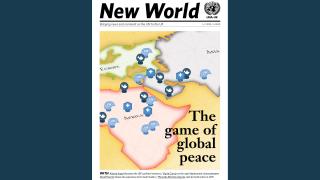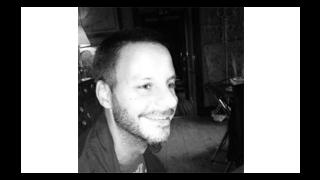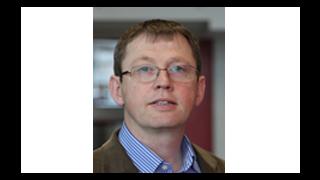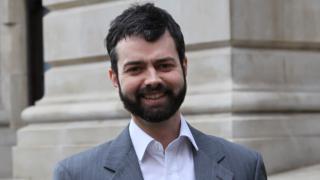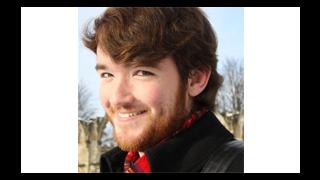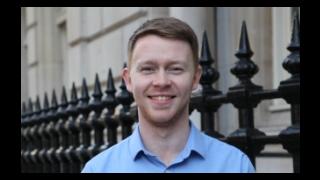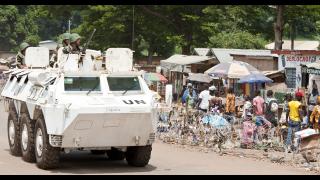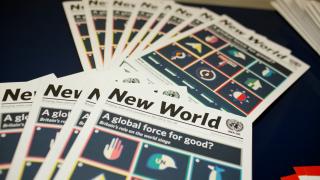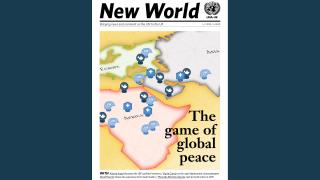
The number 70 is big in 2015. This October we will celebrate the 70th anniversary of the founding of the United Nations, emphasising the continued need to unite the international community around a common cause to realise a better world. The UN was established in response to the Second World War, with one of its main objectives to maintain international peace and security.
At the same time we should reflect on another 70th anniversary being commemorated this year. 27 January marked 70 years since the liberation of Auschwitz, and around the world thousands took part in services to remember the millions murdered in the Holocaust.
Auschwitz remains a potent symbol in today’s world; many still struggle to comprehend the devastating human loss that occurred there. One memorial at Birkenau reads “let this place be a cry of despair and a warning to humanity”. It is a poignant message and one that seems simple: we cannot let this happen again. However, as a global community we have. Bosnia, Rwanda, Cambodia, Sudan, all have been associated with genocide. Today there are even fears that the violent acts of ISIS in Iraq and Syria can be termed genocide. So, 70 years on, what have we really achieved?
Rwanda and Bosnia in particular are considered unmitigated failures of the international community. This summer we commemorate the 20th anniversary of the Srebrenica massacre, where around 8,000 Muslim men and boys were murdered – considered the worst crime to have taken place on European soil since 1945.
The UN’s Offices on Genocide Prevention and the Responsibility to Protect seek to identify early warning signs of such mass atrocity crimes. They look to strengthen the UN and member states’ capacity for preventive action. And they use their offices to collect information and bring global attention to situations of concern. What is most significant about their Framework of Analysis for Atrocity Crimes, is that this is a public document, emphasising the role we all have to play in preventing another dark chapter of human history.
In understanding the root causes of genocide, another particularly useful model to study is that of Dr Gregory Stanton’s. He highlights eight stages: classification, symbolisation, dehumanisation, organisation, polarisation, preparation, extermination and denial. Following this model, policy-makers can more easily recognise genocide risk and plan specific counter measures.
Sadly the troubling rise of anti-Semitic attacks in Europe, triggering a Special General Assembly on anti-Semitism in January, shows that tensions are still alive in the region. It also shows how far the UN has come in responding to the notion of preventive action; in bringing to the world’s attention the risks of future human loss if we ignore the responsibility to protect. Secretary-General Ban Ki-moon’s message was all encompassing: “the fight against anti-Semitism is a fight for us all”.
The theme of this year’s Holocaust memorial service was to “keep the memory alive”. Holocaust survivor Roman Kent emphasized the importance of reflecting on the lessons of the Holocaust, declaring, “we survivors do not want our past to be our children’s future”. They believe that it is their duty to tell their story so that future generations will never forget. Likewise, it is surely our duty to act to ensure that another genocide is prevented.
Chloe Dawes is the Membership Support and Administration Intern at UNA-UK.

